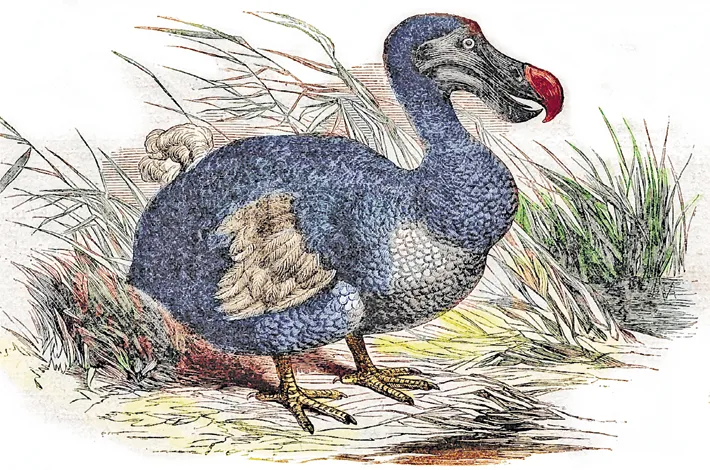Dead as dodo? Resurrection likely in 300 years
18-09-2025 12:00:00 AM

Since its demise in the 17th century, the dodo has long been synonymous with extinction. But thousands of dodos could soon again populate Mauritius, the species’ former home, according to a “de-extinction” company that has announced a breakthrough in its quest to resurrect the flightless bird.
Colossal Biosciences said on Wednesday it has succeeded in growing pigeon primordial germ cells, precursor cells to sperm and eggs, for the first time, ‘The Guardian’ reported. This is a “pivotal step” in bringing back the dodo, a type of pigeon, for the first time in over 300 years, as per Colossal.
The Texas-based company said it has also developed gene-edited chickens that will act as surrogates for the dodos. The chickens will be injected with primordial germ cells from Nicobar pigeons, the closest living relatives of dodos, which will in time allow them to breed dodos.
“Rough ballpark, we think it’s still 5-7 years out, but it’s not 20 years out,” Ben Lamm, Colossal’s chief executive, said about the timeline for the dodo’s return. Colossal is working with wildlife groups to identify safe, rat-free sites in Mauritius where the species could again roam.
Dodos once plodded the forests of Mauritius, in the Indian Ocean, without predators until humans started killing them in earnest, a process accelerated by European exploration and expansion. Habitat loss and introduced invasive species, such as macaques, pigs and rats that raided dodo nests, sealed the fate of the largely defenceless, fruit-eating bird. The last reliable sighting of a dodo came from a Dutch sailor, who described it as a “kind of very big goose” in 1662.
The dodo has since become a byword for extinction but Colossal has said it is confident its methods, centered on its Crispr gene editing technology, can turn the clock back and return dodos to their former home.








